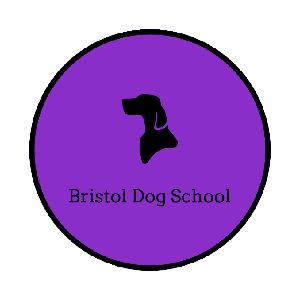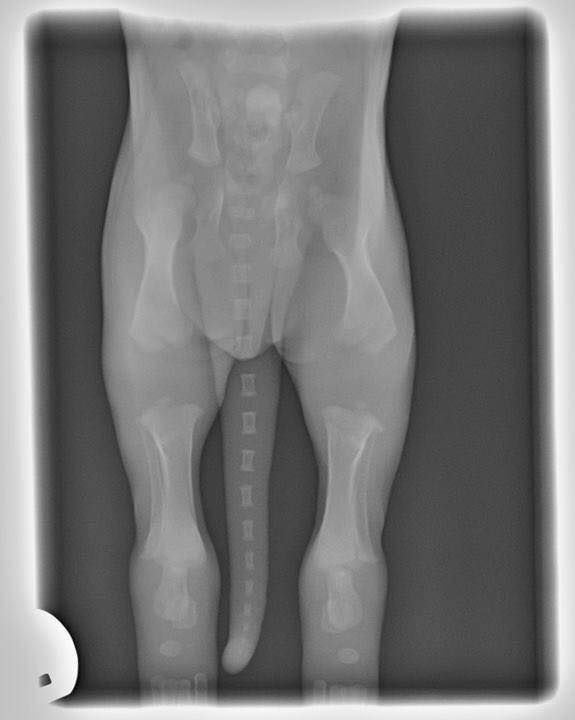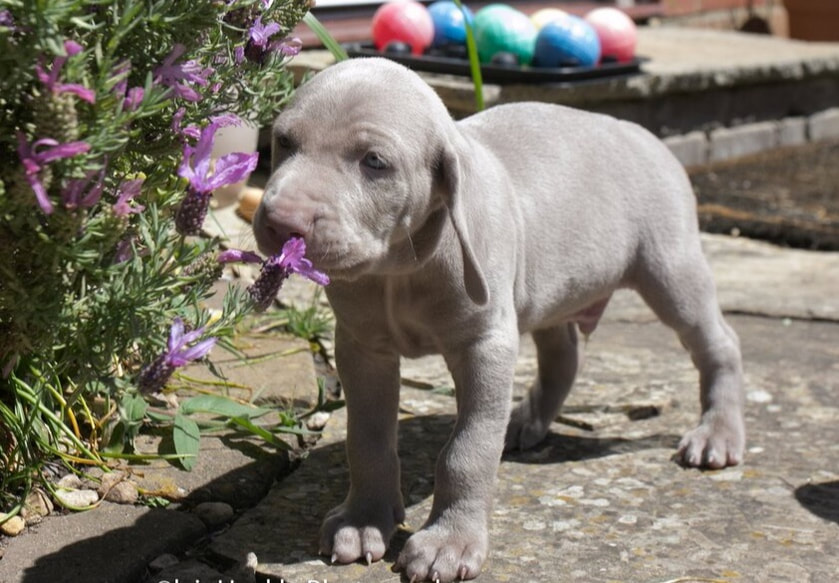|
How much exercise should your growing puppy have? This is a question I am asked regularly so I thought I would give you a blog post on it and explain it a little and how the different advice you may hear came about. Firstly you may have seen this image popping up on social media this is an x-ray of a 2 week old puppy. You can see how much the bones need to grow before they meet, and of course a puppy this age isn't walking yet anyway. You may also have heard that old saying about young animals having more bones that adults, well this is based in fact bones have growth plates that only fuse together when they have finished growing. and being carefull about exersise levels is important in ensuring these growth plates are not damaged which can go on to cause deformity.. We we must also consider diet and breed and neutering status in the exersise reccomendations particularly when some breeds are more predisposed to suffer joint problems such as hip displaysia and Ostiochondroitisits. Diet must be correctly formulated for the dog. Large dogs should be fed a diet appropriate to slower development, an unbalanced diet too high in nutrients for them can cause growth to speed up to the detrement of the animals growth, equally neutering and the removal of the hormones when the dogs is still growing can stunt the dogs growth or indeed see it grow too tall which again will have an effect on joints and tendons. The 5 minute rule You may have heard of the 5 minute rule for walking your puppy. You walk your puppy for 5 minutes for each month of it's age plus 5 minutes twice a day So a three month old puppy would be on 2 x 20 minutes walks per day. This rule has been designed to reduce the stress of repetitive high impact movement on the growth plates in the hopes that it will reduce the instances of growth plate damage or future joint conditions in older dogs it has not be studied scientifically to substantiate it. Krontveit et al (2012) has on the other hand studied the effects of off lead exercise on pups up to 3 months old and the instances of hip dysplasia (HD). They found that exercise on softer undulating ground decreased the instances of HD development but if pups where allowed access to stairs this increased the instances of HD. In summary The 5 minute rule although not studied for it's effects may well reduce the instances of joint problems if it is grouped with good diet and neutering at the appropriate time after growth has ended. You may need to do some research on the growth rate of your own dog your Vet or breeder may be able to help you with this, as larger dogs grow more slowly and may not finish growth plate fusion until around 18 months to 2 years of age where as smaller dogs may be fully finished before they are a year old. This is why dog sports have recommended ages that dogs should reach before they can start the more high impact aspects of the sport. But this 5 minute rule could also be added too to allow pups off lead time for longer Free play on softer land such as parks or fields where they will spend time not only exercising muscles but also socialising and learning about their surroundings after all a dog walk isn't all about running around and playing it's about stopping and sniffing and picking up on all those peemails. References Hart, B., Hart, L., Thigpen, A. and Willits, N. (2014). Long-Term Health Effects of Neutering Dogs: Comparison of Labrador Retrievers with Golden Retrievers. PLoS ONE, 9(7),p.e102241. Lammi M, Hakkinen TP, Parkkinen JJ, et al: Adaptation of canine femoral head articular cartilage to long distance running exercise in young beagles, Ann Rheum Dis 52:369- 377, 1993. Nap, R. and Hazewinkel, H. (1994). Growth and skeletal development in the dog in relation to nutrition; a review. Veterinary Quarterly, 16(1), pp.50-59. Krontveit, R. I., Nødtvedt, A., Sævik, B. K., Ropstad, E., & Trangerud, C. (2012). Housing- and exercise-related risk factors associated with the development of hip dysplasia as determined by radiographic evaluation in a prospective cohort of Newfoundlands, Labrador Retrievers, Leonbergers, and Irish Wolfhounds in Norway. American Journal of Veterinary Research, 73(6), 838–846.doi:10.2460/ajvr.73.6.838 |
AuthorClair Litster-Huckle has a BSc (Hons) in Animal Behaviour and Welfare and an MSc Animal Behaviour and Training and has studied Canine psychology and Canine diet and nutrition. Archives |
Proudly powered by Weebly


